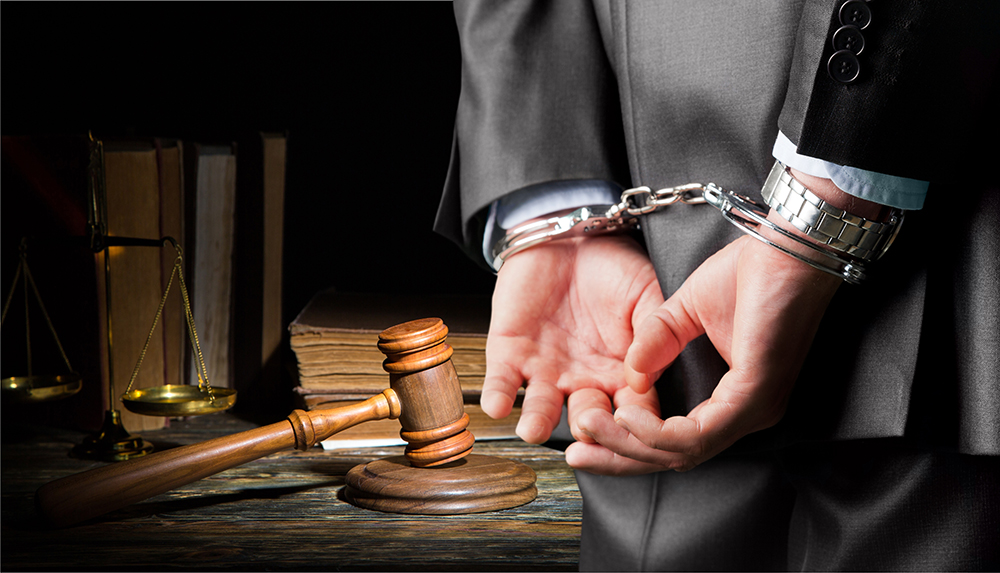
Many of us are aware of what damages are covered by the compensation received from a personal injury settlement. The coverage typically compensates for medical and rehabilitation expenses, lost income, or emotional distress resulting from pain and suffering. In contrast to these compensatory damages, punitive damages are meant to punish the defendant; as opposed to being to compensate the accident victim. Punitive damages are used when a defendant has engaged in egregious conduct, worthy of sanction, especially when there has been no criminal sentancing. Understanding what punitive damages are and when they can be applied is crucial when claiming for personal injury in Kingston.
Quick Answer
Punitive damages are granted in exceptional cases where the conduct of the defendant is deemed to be particularly reckless, flagitious or malicious. They do not arise automatically in personal injury cases. An experienced Kingston personal injury lawyer can only determine whether your case qualifies for punitive damages.
Core Findings:
- Compensatory and punitive damages are not the same. The former compensates for losses, whereas the latter punishes wrongdoing.
- Punitive damages are only awarded if a heinous crime has taken place.
- Some examples of punitive damage include drunk driving, intentional assaults, or consciously selling defective products.
- Proof provided in such cases must be strong enough to determine fault, and there are certain proportionality limits.
- A lawyer experienced in personal injury in Kingston can help in gathering the necessary evidence that you need to make such claims.
What Are Punitive Damages?
Compensatory damages (such as medical expenses, lost earnings, and rehabilitation costs) are intended to restore the victims to their previous state. Punitive damages, however, have another purpose. They are intended to be used to penalize defendants who are known to have behaved with gross negligence or those who knowingly engage in actions that are harmful.
Punitive damages are very rare in Ontario, although they can occur in cases where the conduct is so egregious that it falls below the standards of decency in society.
When Are Punitive Damages Awarded?
Punitive damages are challenging to pursue. They are not awarded in the usual cases of negligence; for example, when a driver unknowingly causes a minor disturbance at the scene. They would mainly be used when there is:
- Road rage: Intoxicated drivers who inflict serious harm.
- Intentional injury: Violence (or intentional harm) through physical attacks.
- Corporate misconduct: This occurs when a company is aware that the products it offers are unsafe or conceal dangers to consumers.
- Fraud or bad faith: The unreasonable denial of valid claims by insurance companies.
These are indicative of the fact that punitive damages are more closely related to the defendant’s conduct than to the actual losses suffered by the victim.
Legal Standards and Burden of Proof
The injured party must demonstrate more than negligence to win punitive damages. Evidence is frequently demanded in courts by showing:
- Malice: An intent to harm.
- Recklessness or gross negligence: A deliberate indifference to the safety of other people.
- Fraud or deceit: Statement of intentional dishonesty, which is jeopardizing others.
The level of evidence is also greater. In most instances, plaintiffs are required to prove their case by clear and convincing evidence, rather than the lower standard of a balance of probabilities, in cases involving compensatory damages.
Limitations on Punitive Damages
Punitive damages are not inexhaustible even when awarded. Courts consider:
- Proportionality: Punitive damages must not be monstrously in excess of compensatory damages.
- Public policy: Damages should be deterrents, not windfalls to the plaintiffs.
- Caps or reductions: In certain jurisdictions, there is a legislative cap; whereas on appeal, excessive awards are reduced.
- Insurance: Punitive actions in most cases fall outside of the coverage provided to defendants by their automobile or home owners’ liability policy.
This is to ensure fairness and avoid abuse of punitive damages.
Conclusion
Punitive damages are not the same as compensatory damages. While the damages are payable to the plaintiff, they are intended to punish a wrongdoer for their conduct. They are used in the most severe instances of personal injury, such as cases of recklessness, malice, and fraudulent behaviour.
In case you have suffered injury in Kingston and you feel that the actions of the defendant were particularly outrageous, a Kingston personal injury lawyer can guide you on whether punitive damages are available. A good case not only ensures fair pay but also sends a message about reckless conduct with severe consequences.
Frequently Asked Questions
Does Kingston have punitive damages?
Yes, but punitive damages are not common in Ontario. They are only granted by courts when the defendant’s actions are beyond negligence and approach intentional or reckless conduct. The majority of personal injury Kingston cases are concentrated on compensatory damages and not on punitive damages.
What is the difference between punitive damages and pain and suffering?
The victims are compensated for pain and suffering. Punitive damages, on the other hand, punish wrongdoers. They are distinct groups, and in extreme cases, a victim can qualify in both.
Is it required that I have special evidence of punitive damages?
Yes, you require more evidence than in an ordinary personal injury suit. There has to be a clear indication of malice, fraud, or careless disregard of safety. Courts may not award punitive damages without such evidence.
Is punitive damage appealable?
Yes, awards of punitive damages are subject to challenge. They are scrutinized by the courts in order to make sure that they are fair and proportional. Although such awards may be granted at first instance, they may be diminished or overturned on appeal on the basis that such awards are excessive.
Should I seek punitive damages in my case?
It depends on the facts. It can be pursued, in case what the defendant did was egregious. A personal injury lawyer in Kingston will be able to assess your case and determine whether punitive damages are a possibility.
